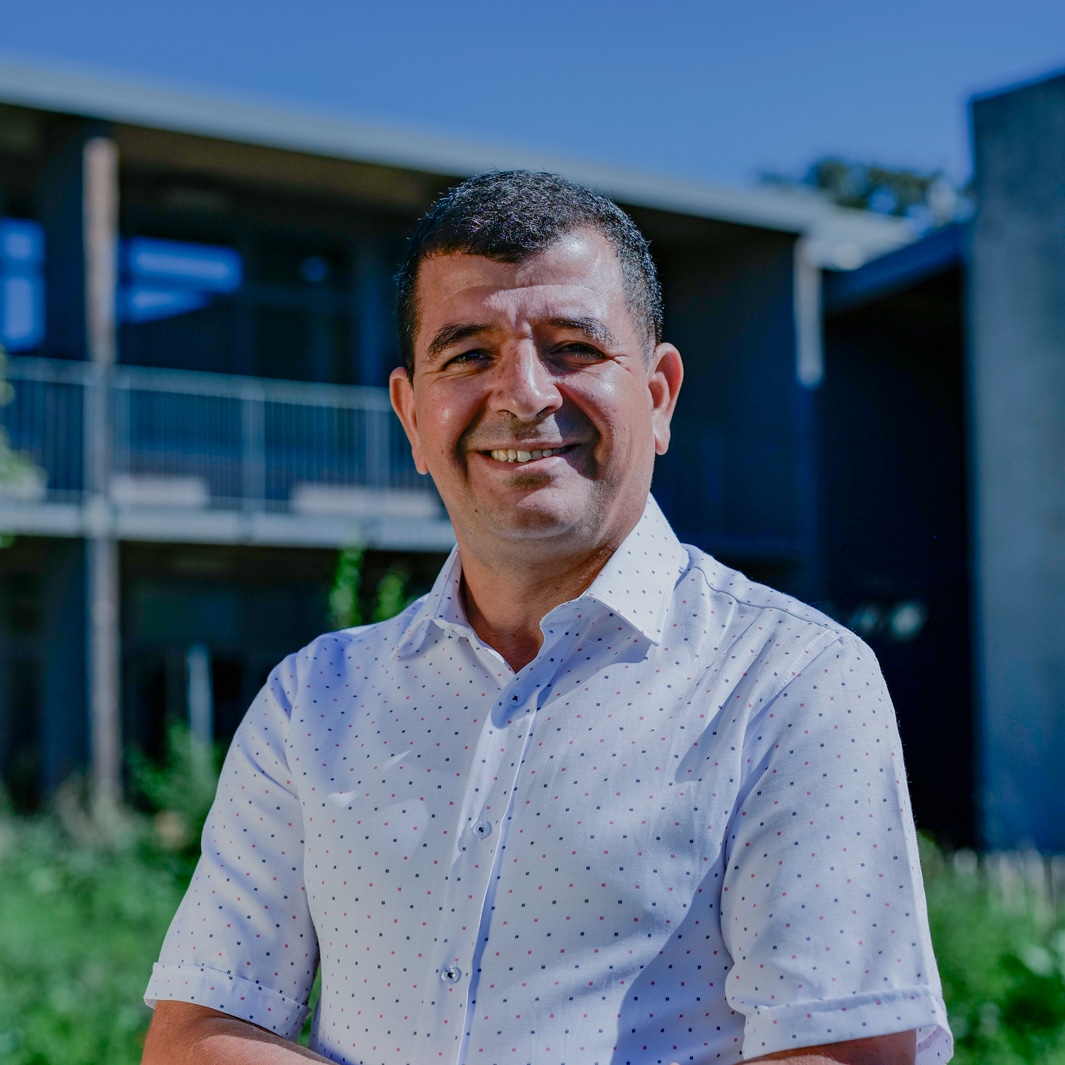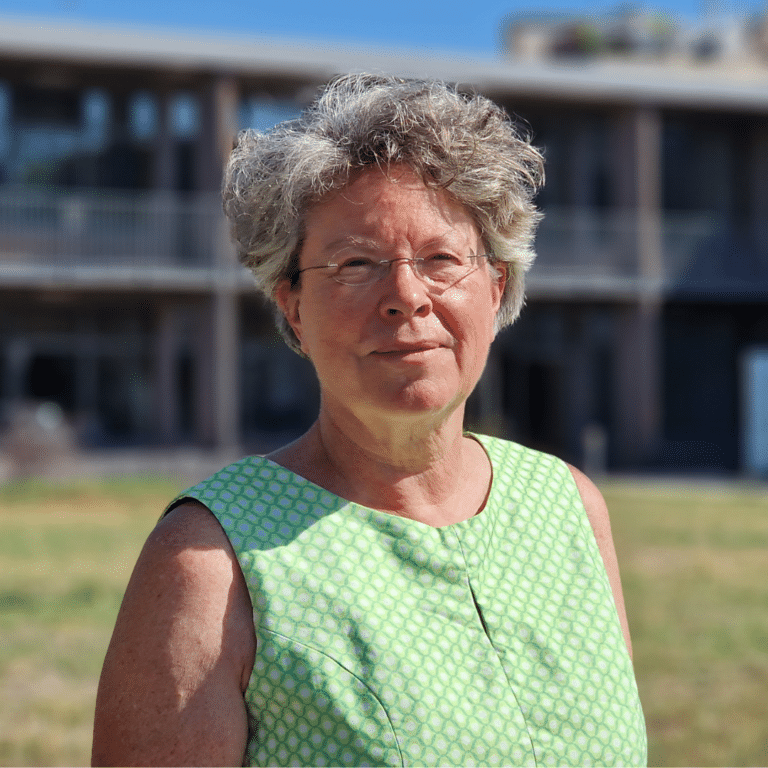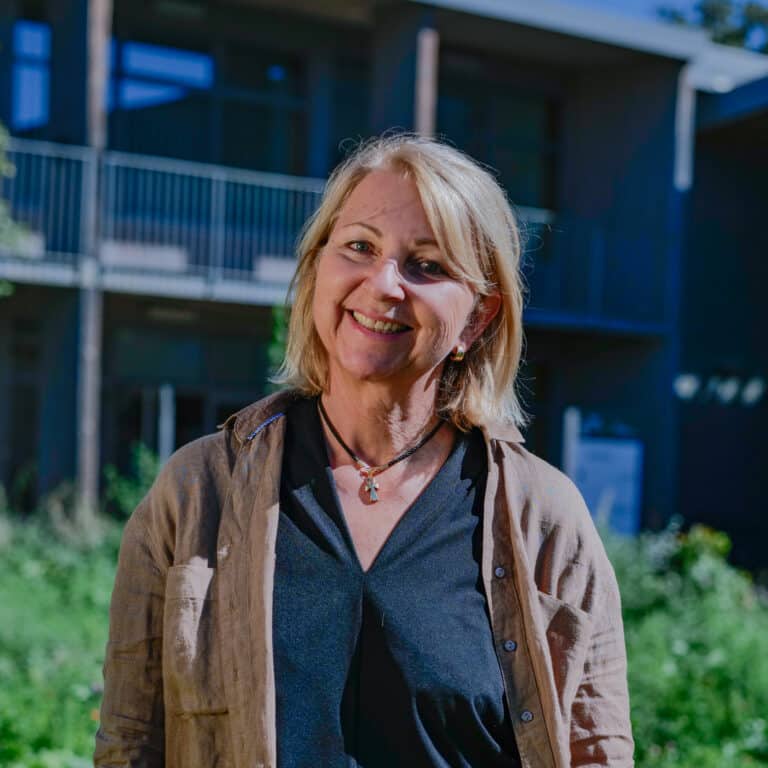
Rachid Alillouch
Research project
Sustainable cities in the Mediterranean.
Sustainability imperatives, circulation of models and greenwashing.
Project summary
The research project, Sustainable cities in the Mediterranean. Sustainability imperatives, circulation of models and greenwashing, is an extension of the work carried out as part of a doctoral thesis in architecture, defended by Rachid Alillouch at the Centre des Etudes Doctorales en Architecture et Disciplines Associées at the Ecole Nationale d’Architecture in Rabat in 2021. It aims to understand how a number of urban projects have developed and multiplied in recent years in Morocco and on both shores of the Mediterranean, described by promoters as sustainable and/or which incorporate sustainable development principles into their design. These projects seem to be part of a trend that has marked ‘other countries on the southern shore of the Mediterranean, where a number of projects labelled as “eco-neighbourhoods”‘ or “sustainable neighbourhoods“‘ have seen the light of day. (Barthel P.-A. , 2011, p. 99).
Integrating sustainable development and sustainability into urban projects
This integration of the principles of sustainable development and sustainability into the design process of these urban projects, over and above their use as an element of ‘greenwashing‘ (Dahl, 2010, p. 247) or ‘éco blanchiment‘ (Adam, 2016, p. 199), as a ‘territorial marketing tool’ (Emelianoff, 2004, p. 17), and as an ‘urban competitiveness strategy’ (Béal , Charvolin, & Morel Journel, 2011, p. 95), seems to obey a kind of ‘sustainability injunction‘ (Monin, Descat, & Siret, 2002, p. 1 and Hamman, 2011, p. 25). This injunction became a watchword in contemporary urban planning, particularly at the level of experiments which are part of the ‘circulation of knowledge, expertise, experience, instruments, practices and models‘ (Béal, Epstein, & Pinson, 2015, p. 104), ‘best practice’ (Navez-Bouchanine, 2007, p. 101), which ‘function as accelerators for the dissemination and circulation of urban policies considered to be innovative or exemplary‘ (Béal, Epstein, & Pinson, 2015, p. 101 and Béal, Epstein, & Pinson, 2015, p. 104).
Objectives of the research project
The main objective of this research is to analyse how the stated ambition to integrate sustainability and the principles of sustainable development has been translated into the design and implementation of some of these urban projects. It will be conducted by attempting to understand the contexts in which they were conceived and developed, their design processes and the ways in which they were implemented, and by focusing on the place given to sustainable development and sustainability issues and their interpretation by the various players involved in these projects.
The extension of the field of research to the Mediterranean is motivated firstly by the fact that the Mediterranean area constitutes a ‘space for the circulation of ideas and practices, […] for exchanges of experience, particularly between metropolises‘ (Barthel & Verdeil, 2013, p. 2), followed by the desire to understand how, in the context of the circulation of models, these sustainable urban projects cross its shores, from north to south, and to assess the involvement of international project management, in the financing, design and execution of so-called sustainable urban projects, in application of directives and injunctions laid down by funding agencies and conditioning the financing of these projects.
Openness to other disciplines is a decisive methodological element in the conduct of this research work, given the specific nature of the urban project as a scale of articulation between the two disciplines: urban planning and architecture as a field of manifestation of the multidisciplinary nature which urban planning claims to be. This leads us to borrow methods and references developed in the humanities and social sciences and to call on multidisciplinary references, in line with the thinking of urban architecture as a disciplinary field that aims to mobilise the humanities, in particular history, geography, anthropology, sociology and economics, to understand the context of the project.
With this approach, we wanted to adopt the position defended by the architect-urbanist and sociologist, Daniel Pinson, of not dissociating urban planning from architecture. According to this position, urban planning, which constitutes ‘a new field derived from architecture’ (Pinson, 2004, p. 50), is ‘a recent discipline that can be conceived of as large-scale architecture.‘ (Pinson D., 2007, p. 301). A position that allows architecture and urban planning to be more open to other disciplines, particularly through the urban project as a ‘new instrument of urban policy’ (Pinson G., 2009, p. 35), and which constitutes the point of intersection between these two disciplines and also the field in which the ‘multi-disciplinary character that urban planning claims for itself ‘ is expressed (Pinson D., 2004, p. 49).
In tackling the issue of urban sustainability, we are taking a critical approach to this concept, which for some researchers, whose position we share, reflects ‘a simple neo-liberal form’ of making the city (Adam, 2016, p. 201), in a context of territorial competitiveness and globalisation, and which would constitute a ‘methodological decoy‘ (Navez-Bouchanine, 2007), or an artifice, ‘simple and reassuring, but which does little to renew the frameworks for action: in this sense, it would be little more than the contemporary name for the capitalist production of the city, renewing it more in the discourse around action than in the action itself’ (Mathieu & Guermond, 2007, p. 3 and Mathieu & Guermond, 2005).
Biography
Rachid Alillouch is an architect with a doctorate in architecture and heritage architecture. He spent part of his professional career, between 1997 and 2015, as a manager in urban planning and development agencies in Morocco, before joining the academic world in 2015, when he joined the National School of Architecture in Rabat to pursue his doctoral studies and participate in the governance of the school, as head of the Department of Educational Affairs and Director of Continuing Education.
Since April 2023, he has been a senior lecturer at the National School of Architecture in Fez, a temporary lecturer at ENA in Rabat and a member of several interdisciplinary research teams, expert groups and juries for architecture and urban planning competitions. He has also taught at the National Institute of Urban Planning and Development in Rabat and at the School of Architecture, Planning and Design at the Mohammed VI Polytechnic University in Benguerir. Rachid Alillouch has published several articles and scientific contributions to his field of research, which focuses on sustainable urban projects, including a book published in October 2023.



